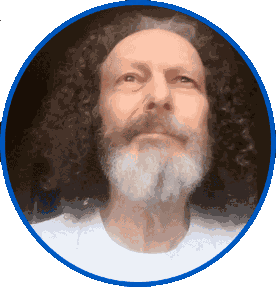Dr. Ross Cooper
Founder of Visual Reading and pioneer in innovative reading techniques.

My Mission
"To help individuals unlock their reading potential through understanding how the brain processes visual information."
Quick Facts
- • Developed Structured Saccade Overlays©
- • Helping students for over 20 years
- • Pioneer in Dyslexia research
Professional Background
Dr. Ross Cooper is the visionary founder of Visual Reading, a revolutionary programme that has transformed the reading abilities of hundreds of individuals worldwide.
With extensive experience in dyslexia research and educational innovation, Dr. Cooper developed the groundbreaking Structured Saccade Overlays© technique that forms the foundation of the Visual Reading programme.
His work has particularly focused on helping individuals with dyslexia, dyspraxia, autism, and ADHD overcome reading challenges through innovative visual learning techniques.
Key Achievements
Trained hundreds of teachers to assess and support dyslexic learners
Developed the Structured Saccade Overlays© technique
Helped hundreds improve reading speed by 3x
Pioneered visual learning approaches for dyslexic readers
Created comprehensive coaching programs
Established VRO as a leading educational innovation
Research & Innovation
Dr. Cooper's research focuses on the intersection of neuroscience, cognitive psychology, and educational technology. His work has led to breakthrough understanding of how the brain processes visual information during reading.
Research Areas
- Visual processing in reading
- Eye movement patterns
- Cognitive load reduction
- Learning differences support
Innovations
- Structured Saccade Overlays©
- Metacognitive reading strategies
- Remote coaching methodologies
- Progress tracking systems